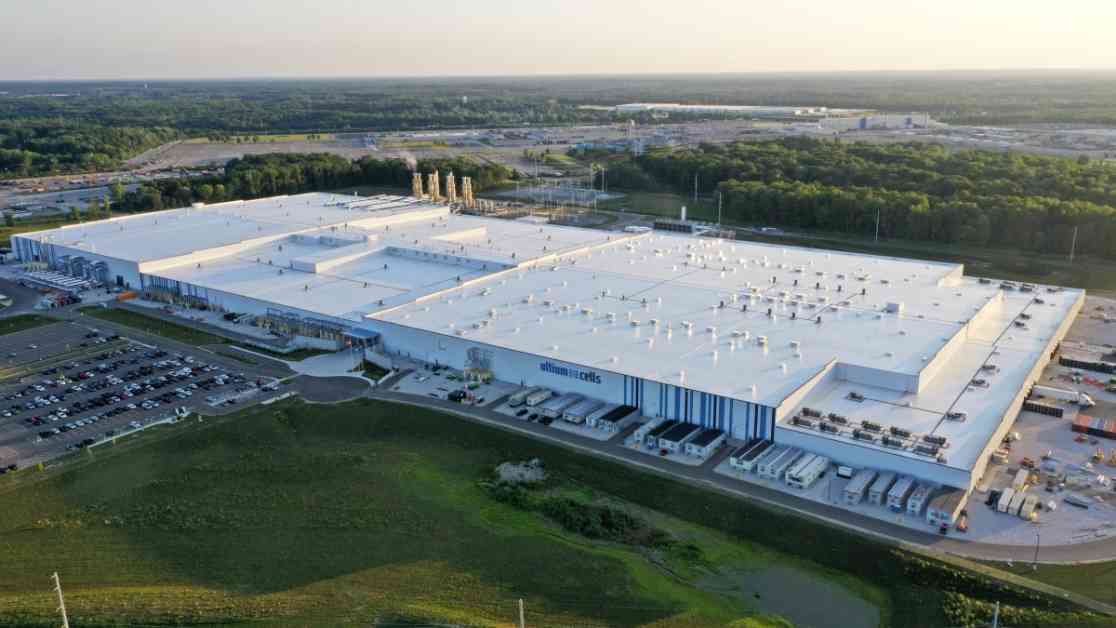The push for EV battery factory construction in North America has gained momentum in recent years, with the onshoring of battery manufacturing becoming a significant trend. This shift was initially sparked by the COVID-19 pandemic, which highlighted the vulnerabilities in the global supply chain. However, the signing of the Inflation Reduction Act by President Joe Biden in August 2022 further accelerated the pace of factory projects, incentivizing automakers and consumers to produce domestically and reduce reliance on China for batteries.
The Inflation Reduction Act provides a range of incentives for automakers and consumers to produce batteries domestically, with the aim of meeting Biden’s goal of making 50% of all new vehicle sales in the U.S. electric or hybrid by 2030. The act requires that a certain percentage of battery components be produced or assembled in North America to qualify for tax credits, with these requirements increasing over time.
Various automakers and battery manufacturers have collectively invested around $112 billion in building domestic cell and module manufacturing facilities. The expected annual capacity of these factories is close to 1,200 gigawatt-hours before 2030, which is enough to power around 18 million EVs. This significant investment has not only focused on battery production but has also spilled over into the clean energy and technology manufacturing sectors, with a total of $245 billion in private investment being fueled by the IRA, according to Atlas Public Policy’s Clean Economy Tracker.
Major automakers like BMW, Ford, General Motors, Honda, Hyundai, Mercedes-Benz, Stellantis, Tesla, Toyota, Volkswagen, and Volvo have all announced plans to invest in domestic battery production. These investments include the construction of battery plants, joint ventures with battery manufacturers, and partnerships to secure critical materials for battery production. Additionally, battery manufacturers like AESC, Gotion, Kore Power, LG Energy Solution, Northvolt, Our Next Energy, Panasonic, and SK Battery America are also expanding their presence in North America.
With the increasing demand for EVs and the shift towards sustainable transportation, the construction of battery factories in North America plays a crucial role in reshaping the automotive industry and reducing carbon emissions. The incentives provided by the Inflation Reduction Act have spurred a wave of investment and innovation in the battery sector, paving the way for a cleaner and more sustainable future for the automotive industry in North America.










